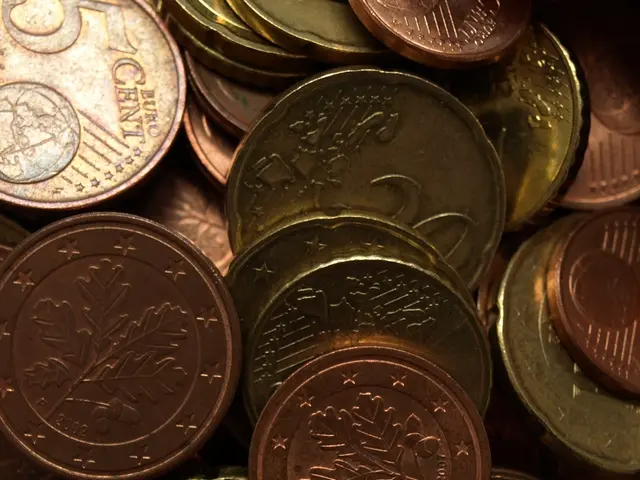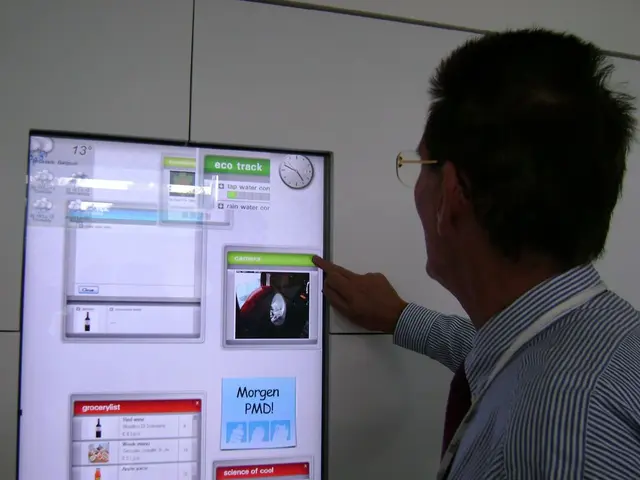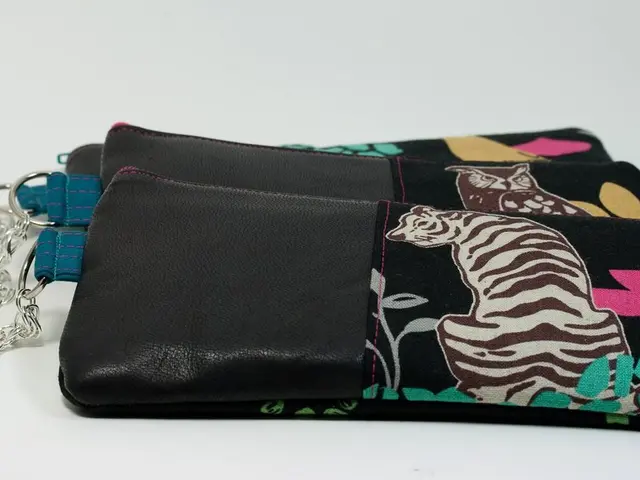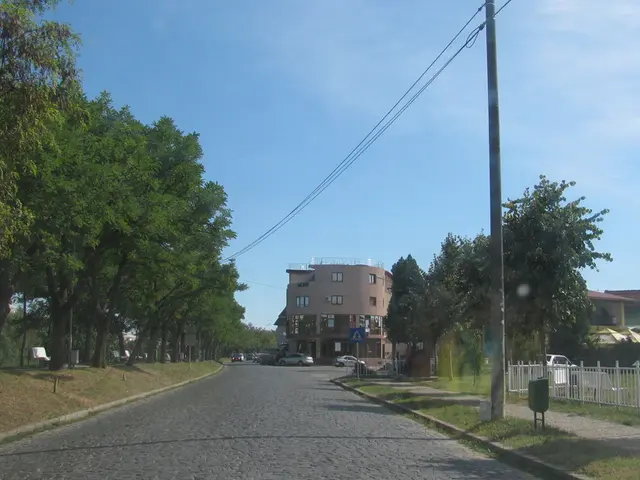Navigating the Stormy Path of OpenAI Under Sam Altman's Leadership
In a dramatic turn of events, Sam Altman was reinstated as the CEO of OpenAI on November 22nd, 2023, after being ousted by the company's board of directors just over a week earlier. The decision to reinstate Altman was primarily driven by strong employee support and external influences, such as Microsoft's interest in poaching Altman to lead a new advanced AI research team.
The board's initial decision to oust Altman was rooted in concerns about his leadership transparency and management of AI safety. The board wrote a letter stating they had lost confidence in Altman's leadership and accused him of not being consistently candid in his communications with the board. This decision followed a deliberative review process led by co-founder and chief scientist Ilya Sutskever.
Following Altman's ousting, key executives, including Greg Brockman, the chairman, resigned in solidarity. However, the situation quickly escalated. Over 700 OpenAI employees signed an open letter threatening to leave the company unless Altman was reinstated and the board replaced. This internal pressure, combined with Microsoft's offer, led to an "agreement in principle" to reinstate Altman as CEO and Brockman as president.
Bret Taylor was appointed as the new chairman, and Lawrence Summers joined the reconstituted board. Ilya Sutskever, who initially supported the firing, expressed regret for his participation in the board's actions, writing, "I deeply regret my participation in the board's actions. I never intended to harm OpenAI."
The reinstatement of Altman was not without controversy. Elon Musk announced a lawsuit against Sam Altman's company, OpenAI, on March 4th, 2024, alleging that OpenAI and Altman broke their contract by focusing on the profitable future of ChatGPT. The lawsuit also raised concerns about the company's adherence to its original mission of introducing AI to the world in a meaningful and productive way.
The AI hype that once seemed unstoppable has appeared to cool into a slower trickle, especially in terms related to ChatGPT. Competitors have flooded the market with easier and often more integrated products, eating away at what ChatGPT could once call its own. Services like Bard, Bing, and Claude have all claimed their little corner of the market.
Despite the challenges, Altman framed his return to OpenAI as a transformative experience. He tweeted, "My time at OpenAI was transformative. I loved working with talented people to build something that could change the world. I'm excited to be back and continue the work."
Sources: [1] The New York Times. (2023, November 22). Sam Altman is reinstated as OpenAI's CEO after employee pressure. Retrieved from https://www.nytimes.com/2023/11/22/technology/openai-sam-altman-ceo.html [2] The Verge. (2023, November 22). OpenAI employees push for Sam Altman's reinstatement after his ousting. Retrieved from https://www.theverge.com/2023/11/22/21767773/openai-employees-sam-altman-reinstatement-ousted-ceo-board-pressure
- The sudden reversal of the decision to oust Sam Altman as CEO of OpenAI was influenced by factors such as external interest from Microsoft and strong employee support, as shown by the 700 employees who signed an open letter demanding his reinstatement.
- The controversial reinstatement of Sam Altman as CEO sparked a lawsuit from Elon Musk on March 4th, 2024, alleging that OpenAI and Altman breached their contract by prioritizing the profitable future of ChatGPT over its original mission.
- In the world of technology, the once unstoppable AI hype focused on ChatGPT has slowed down, with competitors like Bard, Bing, and Claude making their mark and offering integrated services that are increasingly challenging OpenAI's position.
- The cultural significance of OpenAI's AI research extends beyond the realm of technology, intertwining with fields like literature, history, finance, and business, as the decisions made at OpenAI can have far-reaching implications for various aspects of our society and culture.




